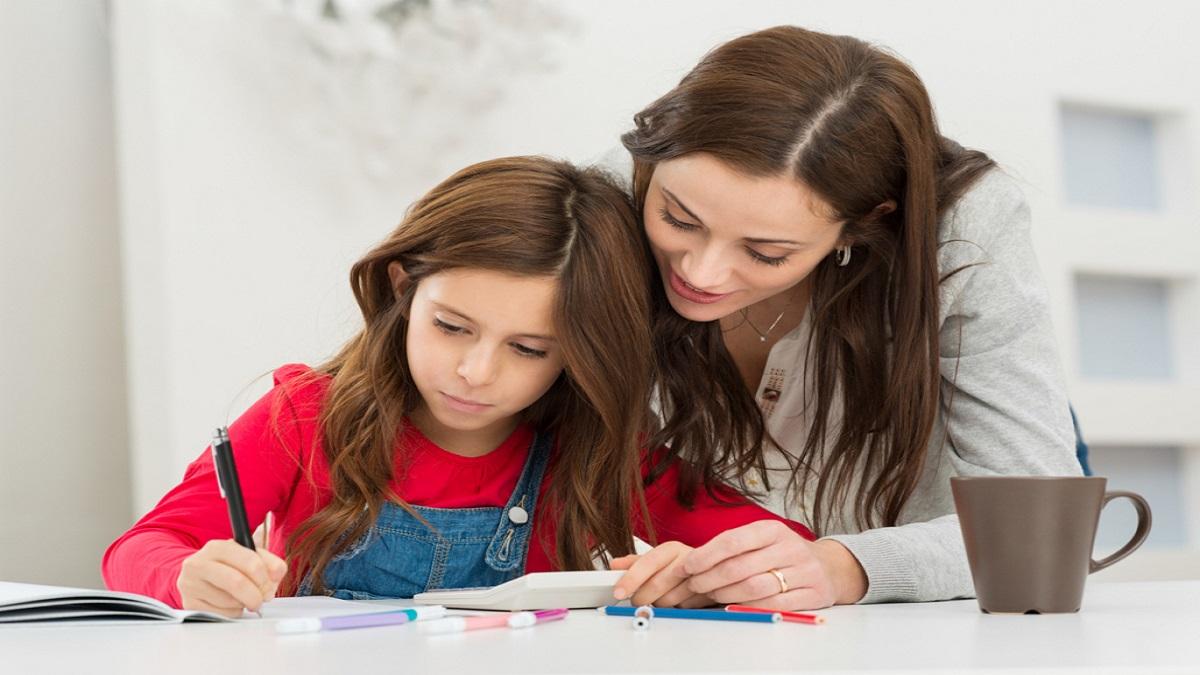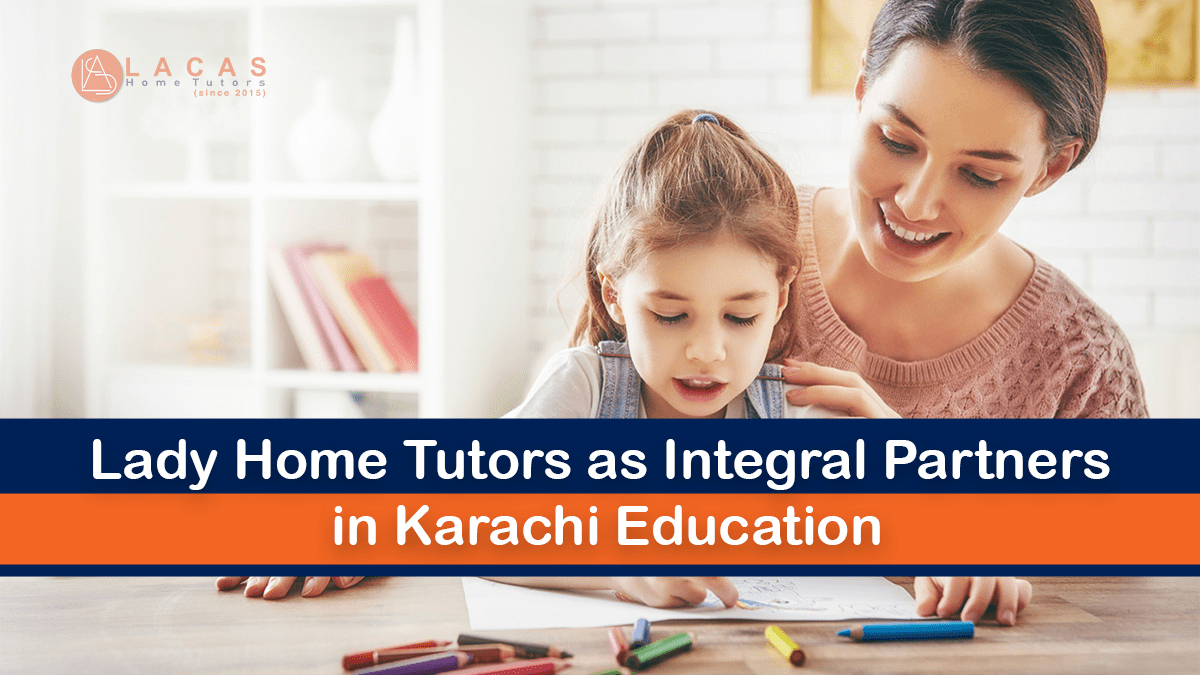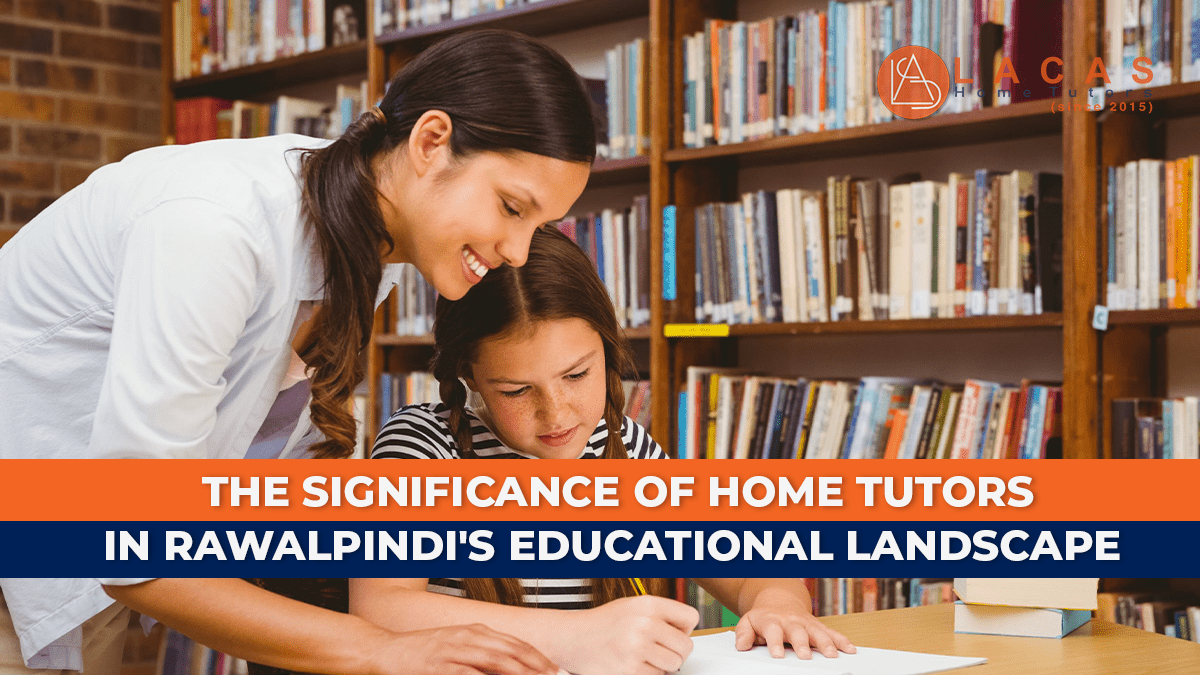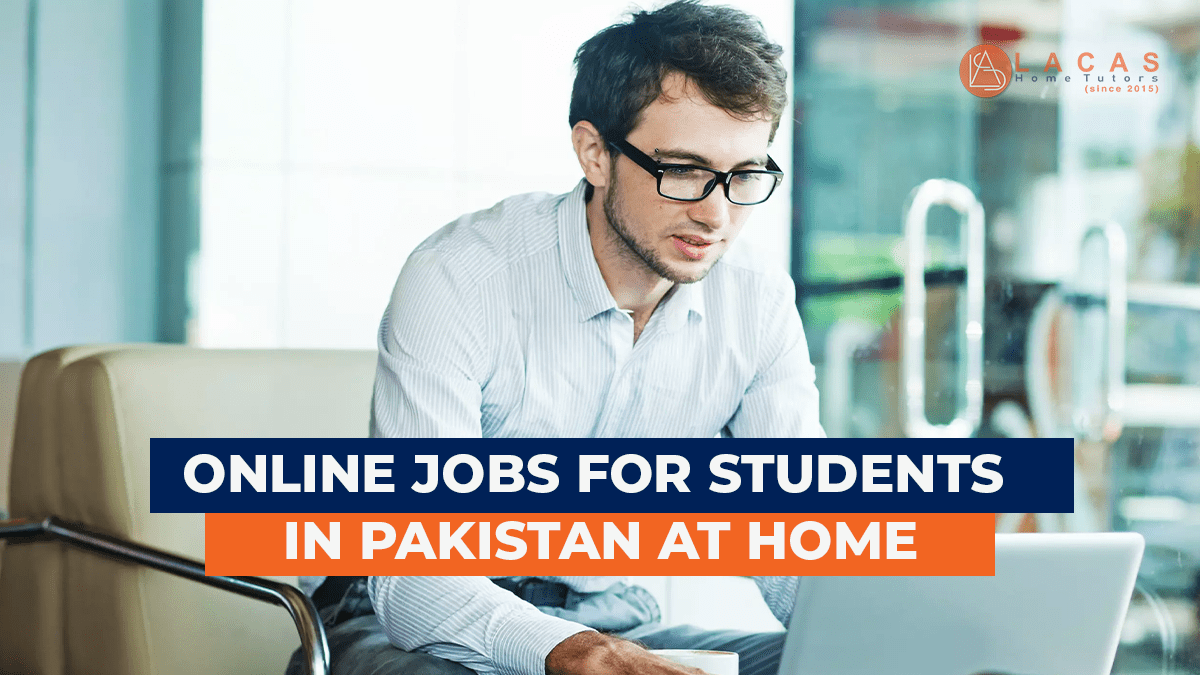Homeschooling is a relatively new concept in Pakistan, but it is gaining popularity among some parents. The ability for parents to customize their child’s education to meet their own needs and interests is one of the key advantages of homeschooling. Homeschooling parents can also choose the curriculum and teaching methods that they believe are best for their child. Additionally, homeschooling can provide children with a more flexible and relaxed learning environment. However, there are also some challenges associated with homeschooling in Pakistan. One challenge is that there is a lack of legal and regulatory framework for homeschooling in Pakistan. This can make it difficult for homeschooling families to access resources and support.
Homeschooling in Pakistan: Challenges and Rewards”
Homeschooling in Pakistan presents both challenges and rewards for families who choose this educational path. One of the main challenges is finding qualified home tutors in Lahore or other cities who can provide a well-rounded education for children. While there are home tutoring services available, it can be difficult to find tutors who have expertise in all subjects and can offer a comprehensive curriculum.
Another challenge is ensuring socialization for homeschooled children. Traditional schools provide opportunities for students to interact with their peers and develop important social skills. Homeschooled children may miss out on these interactions, although efforts can be made to engage them in extracurricular activities or community events to enhance their socialization.
On the other hand, homeschooling in Pakistan also offers numerous rewards. It allows for personalized learning experiences tailored to the individual needs and interests of the child. Parents have the freedom to choose teaching methods and curriculums that align with their child’s learning style, which can lead to enhanced academic achievements and a love for learning.
Homeschooling also fosters a closer parent-child relationship, as parents become directly involved in their child’s education. This involvement promotes a deeper understanding of the child’s strengths, weaknesses, and interests, enabling parents to provide targeted support and guidance.
In summary, homeschooling in Pakistan comes with its own set of challenges, such as finding qualified tutors and ensuring socialization, but the rewards, including personalized learning and strengthened parent-child relationships, can make it a viable and beneficial choice for families.
The Pros and Cons of Homeschooling in Pakistani Culture
When considering homeschooling in Pakistani culture, there are several pros and cons to take into account. Homeschooling, on the one hand, enables a more individualized and personalized education. Parents have the freedom to choose teaching methods and curriculums that align with their child’s learning style, which can lead to enhanced academic achievements and a love for learning. Additionally, homeschooling fosters a closer parent-child relationship, as parents become directly involved in their child’s education. This involvement promotes a deeper understanding of the child’s strengths, weaknesses, and interests, enabling parents to provide targeted support and guidance.
However, homeschooling also presents some challenges in Pakistani culture. One major challenge is finding qualified home tutors in Lahore or other cities who can provide a well-rounded education for children. While there are home tutoring services available, it can be difficult to find tutors who have expertise in all subjects and can offer a comprehensive curriculum. Another challenge is ensuring socialization for homeschooled children. Traditional schools provide opportunities for students to interact with their peers and develop important social skills. Homeschooled children may miss out on these interactions, although efforts can be made to engage them in extracurricular activities or community events to enhance their socialization.
Overall, homeschooling in Pakistani culture has its pros and cons. It offers a unique educational experience that can be tailored to the individual needs and interests of the child, while also requiring careful consideration and effort to address potential challenges such as finding qualified tutors and ensuring socialization.
A Deep Dive into the Homeschooling Trend in Pakistan
Homeschooling in Pakistan has seen a significant increase in popularity in recent years, with many families choosing this educational path for their children. This trend has sparked a growing demand for qualified home tutors in Karachi and other cities across the country. Finding reliable and competent tutors can be a challenge, but there are home tutoring services available to help meet this need. These services connect families with qualified tutors who can provide a well-rounded education for homeschooled children.
One of the main benefits of homeschooling is the personalized learning experience it offers. Parents have the freedom to choose teaching methods and curriculums that align with their child’s learning style, resulting in enhanced academic achievements and a love for learning. This trend is reshaping Pakistani education, as more families opt for a customized approach to their child’s education.
While homeschooling provides numerous advantages, there are also challenges to consider. Ensuring socialization for homeschooled children can be a concern, as traditional schools provide opportunities for students to interact with their peers and develop important social skills. However, efforts can be made to engage homeschooled children in extracurricular activities or community events to enhance their socialization.
Overall, the homeschooling trend in Pakistan is a complex and evolving educational choice. With the demand for home tutors in Lahore and the increasing recognition of the benefits of personalized learning, homeschooling is reshaping the educational landscape in the country.
How Homeschooling Is Reshaping Pakistani Education
Homeschooling is not just a passing trend in Pakistan; it is reshaping the educational landscape of the country. More and more families are opting for this alternative form of education, and it is having a significant impact on how education is approached and delivered in Pakistan.
One of the ways homeschooling is reshaping Pakistani education is by promoting personalized learning experiences. Traditional schools often follow a one-size-fits-all approach, whereas homeschooling allows parents to tailor their child’s education to their unique needs and interests. This individualized approach leads to enhanced academic achievements and a love for learning.
Homeschooling is also challenging the notion that education can only happen within the walls of a traditional school. With the help of qualified home tutors in cities like Lahore, families can provide a comprehensive education for their children in the comfort of their own homes. This is breaking the traditional mold of education and showing that learning can happen anywhere and at any time.
Furthermore, homeschooling fosters a stronger sense of family and community. Parents become directly involved in their child’s education, developing a deeper understanding of their strengths, weaknesses, and interests. This involvement strengthens the parent-child relationship and allows for targeted support and guidance.
Overall, homeschooling is reshaping Pakistani education by providing personalized learning experiences, challenging traditional education norms, and strengthening family bonds. It is an educational choice that is here to stay and will continue to shape the future of education in Pakistan.
Homeschooling vs. Traditional Schooling: A Pakistani Perspective
When it comes to homeschooling vs. There is no one solution that works for everyone in traditional education. In the end, it boils down to personal taste and what is most practical for each household. From a Pakistani perspective, there are unique factors to consider.
One of the main benefits of traditional schooling in Pakistan is the opportunity for children to interact with their peers and develop important social skills. Traditional schools provide a structured environment where students can learn from and grow with their classmates. Additionally, traditional schools often have experienced teachers who specialize in different subjects, providing a well-rounded education.
On the other hand, homeschooling allows for a more personalized approach to education. Parents can tailor the curriculum to their child’s interests and learning style, fostering a love for learning and potentially enhancing academic achievements. Additionally, homeschooling provides the adaptability to accommodate each child’s particular demands and rate of learning.
Both homeschooling and traditional schooling have their own merits and drawbacks. Traditional schooling provides socialization and a diverse range of educational resources while homeschooling offers flexibility and personalized attention. Ultimately, the decision between the two depends on the individual needs and goals of each family.
Regardless of the choice, what matters most is providing a quality education and nurturing a love for learning in children. It is important to consider the unique needs and circumstances of each child and family when making this decision.
Success Stories: Pakistani Families Thriving through Homeschooling
One of the most inspiring aspects of homeschooling in Pakistan is the success stories of families who have chosen this educational path. These stories showcase the immense benefits and positive impact that homeschooling can have on children’s lives.
One such success story is the tale of the Khan family from Lahore. They decided to homeschool their two children, Ali and Fatima, due to their unique learning needs. The personalized approach of homeschooling allowed Ali, who struggled with traditional school settings, to flourish academically. With the help of qualified tutors, he was able to receive individualized attention and support, resulting in significant improvement in his grades and overall confidence.
For Fatima, homeschooling provided the opportunity to pursue her passion for music. She was able to dedicate more time to practicing her instrument and even started composing her own songs. With the support of her parents, she entered local music competitions and won several awards, further fueling her love for music and boosting her self-esteem.
These success stories demonstrate that homeschooling in Pakistan can empower children to pursue their passions, excel academically, and develop their unique talents. They highlight the flexibility and adaptability of homeschooling, allowing children to thrive in their own way.
By sharing these success stories, we hope to inspire other Pakistani families who are considering homeschooling. It is a testament to the incredible possibilities and opportunities that this educational model can offer, and it encourages parents to explore this path for their own children’s education.
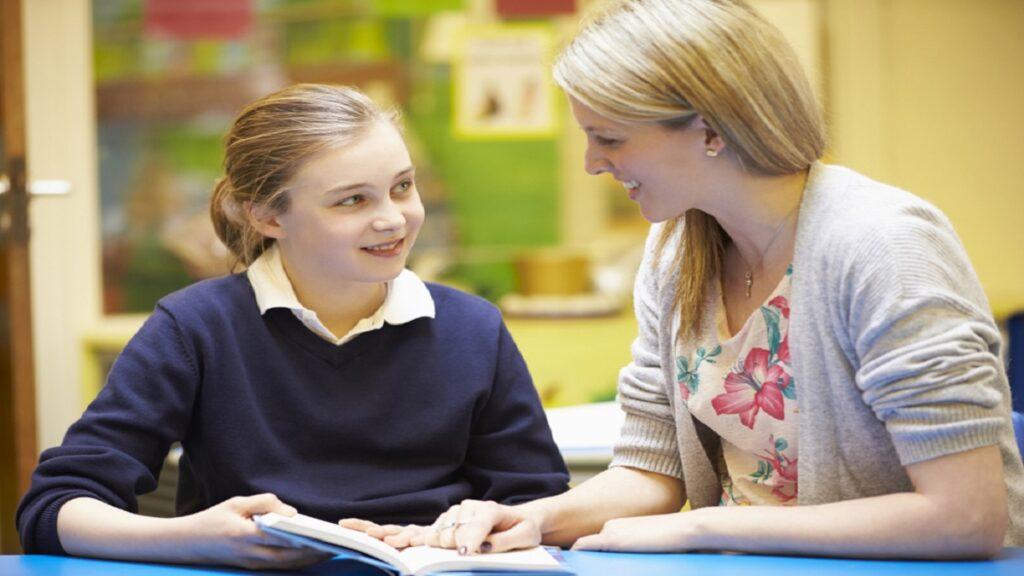
Pakistani Homeschooling: Addressing Common Misconceptions
Several common misconceptions about homeschooling in Pakistan need to be addressed. One of the biggest misconceptions is that homeschooled children lack socialization opportunities. While it is true that homeschooled children may not have the same level of interaction with peers as those attending traditional schools, efforts can be made to ensure socialization. Homeschooled children can participate in extracurricular activities, join community groups, or even take classes outside of their homeschooling environment. These opportunities allow them to interact with other children and develop important social skills.
Another misconception is that homeschooling hinders a child’s chances of getting into a good college or university. However, many homeschooled students have successfully gained admission to prestigious institutions both within Pakistan and abroad. Colleges and universities value a well-rounded education and are often impressed by the self-motivation and independence that homeschooling fosters in students.
Lastly, some people believe that homeschooling is an inferior educational option compared to traditional schooling. However, research has shown that homeschooled children often outperform their peers academically and develop a lifelong love for learning. The personalized attention and tailored curriculum of homeschooling can provide a highly effective learning experience.
Overall, it is important to challenge these misconceptions and recognize the benefits and successes of homeschooling in Pakistan. Homeschooling can be a valid and valuable educational choice that meets the unique needs of individual children.
The Role of Technology in Homeschooling: Pakistani Insights
Technology plays a significant role in homeschooling in Pakistan, offering numerous opportunities and benefits for both students and parents. With the rise of digital platforms and online resources, homeschooling has become more accessible and convenient than ever before.
One of the key benefits of technology in homeschooling is the vast array of educational resources available online. Students can access interactive lessons, educational videos, e-books, and online courses that cover a wide range of subjects. This allows parents to provide a comprehensive and diverse curriculum for their children, regardless of their own expertise in certain areas.
Additionally, technology facilitates communication and collaboration between homeschooling families. Online forums, social media groups, and virtual communities enable parents to connect with each other, share ideas, and seek advice. This sense of community provides support and encouragement, helping families navigate the challenges of homeschooling and exchange valuable insights and experiences.
Furthermore, technology allows for personalized learning experiences. Adaptive learning platforms and educational apps can assess a student’s strengths and weaknesses and provide targeted exercises and activities to address specific areas of improvement. This individualized approach enhances learning outcomes and fosters a deeper understanding of the material.
However, it is important to strike a balance between screen time and other forms of learning. While technology is a valuable tool, it should not replace hands-on activities, outdoor exploration, or face-to-face interactions. Parents need to set limits and ensure a well-rounded education that incorporates a variety of learning experiences.
In conclusion, technology plays a crucial role in homeschooling in Pakistan, providing access to a wide range of educational resources, fostering communication and collaboration among homeschooling families, and facilitating personalized learning experiences. It is a powerful tool that can enhance the homeschooling experience and contribute to the academic success and growth of students.

